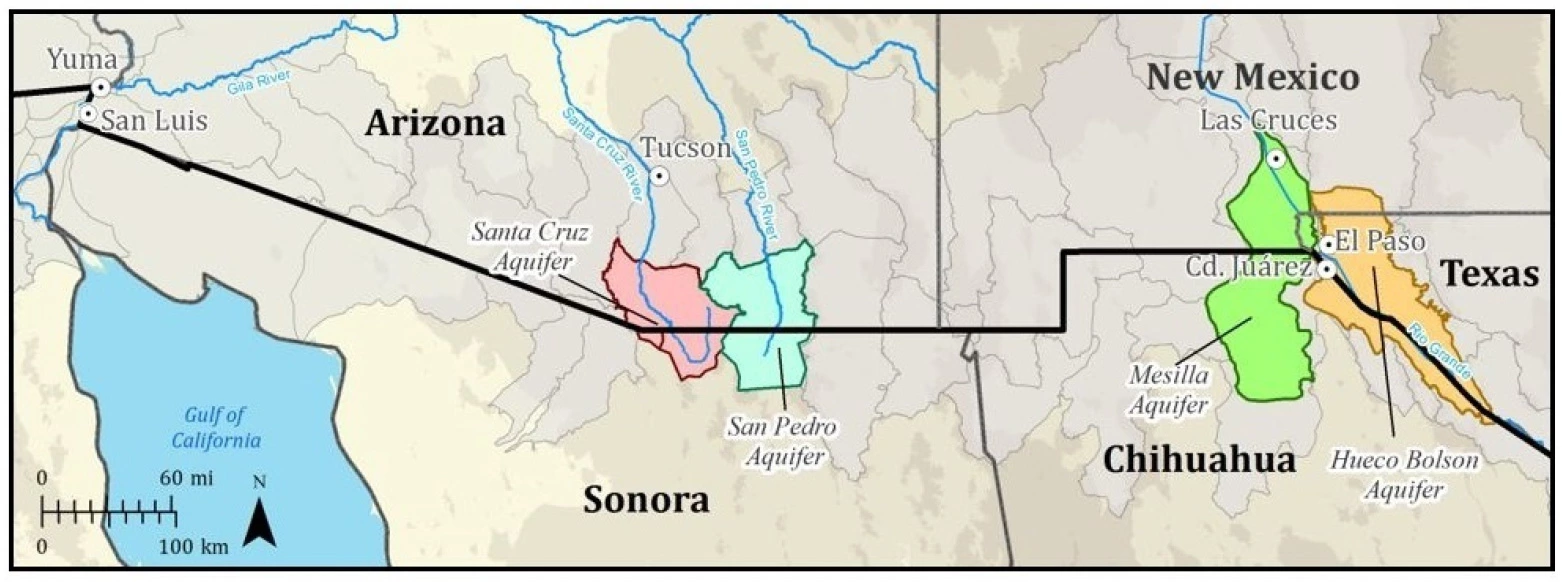
Abstract:Sharing scientific data and information is often cited within academic literature as aninitial step of water cooperation, but the transfer of research findings into policy and practice is oftenslow and inconsistent. Certain attributes—including salience, credibility, and legitimacy of scientificinformation; iterative information production; and sociocultural factors—may influence how easilyscientific information can be used in management and policymaking. However, transnationalityusually complicates these sorts of interactions. Accordingly, we argue that the production of scien-tific information and transboundary water cooperation build upon each other bidirectionally, eachinforming and enhancing the other. We employ a case-study analysis of the Transboundary AquiferAssessment Program (TAAP), a binational collaborative effort for scientific assessment of aquifersshared between Mexico and the United States. Here, information sharing was possible only by firstcompleting a formal, jointly agreed-upon cooperative framework in 2009. This framework resultedin a collaborative science production process, suggesting that the relationship between sharing dataand information and transboundary groundwater governance is iterative and self-reinforcing. Inkeeping with the publication of the TAAP’s first binational scientific report in 2016, we demonstratethe bidirectional relationship between science production and water governance in the TAAP andexplore remaining challenges after scientific assessment.

